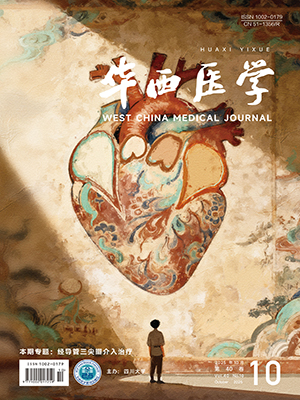Severe bee stings can trigger a systemic inflammatory response and multi-organ dysfunction, potentially resulting in fatality. Acute kidney injury (AKI) is a frequent complication in patients with severe bee stings, and conventional comprehensive treatment combined with various blood purification therapies is commonly employed in clinical practice to promptly manage the condition and reduce the average hospital stay duration. This article primarily delves into the significance of enhanced clinical nursing care for patients with bee stings-induced AKI undergoing blood purification therapy. Specifically, it underscores the importance of patient education regarding treatment-related considerations, nursing techniques for vascular access during treatment, potential complications, and corresponding nursing interventions.
Citation: ZHANG Xu, LIU Yan, WEN Yang, JIANG Xushun, DU Xiaogang. Nursing strategies for patients with blood purification in the treatment of bee stings-related acute kidney injury. West China Medical Journal, 2024, 39(7): 1137-1139. doi: 10.7507/1002-0179.202406093 Copy
Copyright © the editorial department of West China Medical Journal of West China Medical Publisher. All rights reserved




